English / 中文
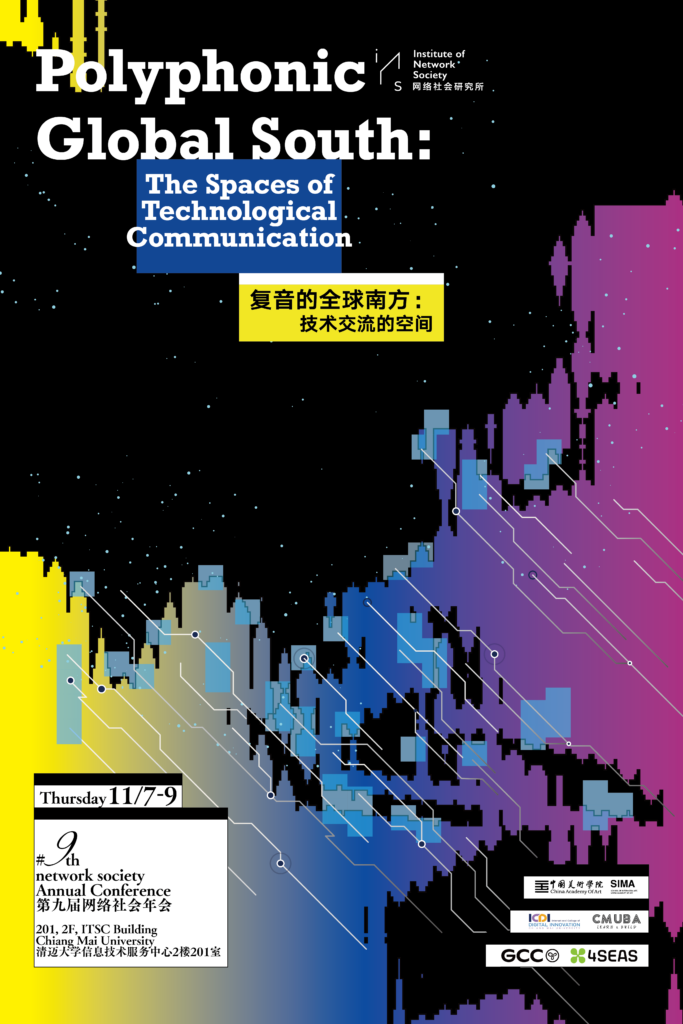
The 9th Annual Conference of Network Society
Polyphonic Global South:
The Spaces of Technological Communication
HOST
Institute of Network Society (INS),
School of Intermedia Art (SIMA), China Academy of Art (CAA)
CONVENERS
HUANG Sunquan, LIU Yisi
CO-ORGANIZER
JIAO Huifeng
INTRODUCTION
The dependence on a North/Center narrative shaped by technological power has reduced the Global South to a singular story, consolidating a predetermined phenomenon while conveniently overlooking evident tensions, subtle complexities, and inconsistent simultaneities. The result is a form of chronic poverty. The concept of digital inequality fails to capture the stark reality of adverse digital incorporation. After eight years of theoretical and practical inquiry at the Network Society Annual Conference, we now seek to break free from past theoretical and ideological habits. This year’s conference, themed “Polyphonic Global South: Spaces of Technological Communication,” will explore the intricate trajectories of how technological communication evolves in the Global South under the dual pressures of globalization and localization.
Polyphony illustrates the dynamic diversity of technological processes arising from various cultural, economic, and social contexts. Technological communication refers to the transmission, transfer, and mutual influence of technology from its point of origin to other regions, a cross-regional flow marked by stories of domination and resistance. Space is not merely a geographical location but involves the embedding and reproduction of technology within social structures. The Global South, a term initially political and later economic, generally refers to regions and nations disadvantaged within the global economic system. These areas are recipients of high-tech products while providing cheap labor and raw materials. In other words, the Global South acts as both the primary labor force and the consumer base, sustaining the booming global digital economy while being shaped into the material and ideological space necessary for global capitalist production. This year’s conference will focus on Southeast Asia, exploring how technology is reciprocally tamed and reshaped, creating the digital world we live in today.
The conference will explore the multidimensionality of technological communication through four thematic discussions. First panel, the Global South functions as both the manufacturing hub and the product of the “world factory.” Second panel, the connectivity provided by mobile communication and portable devices fosters diverse identities and community possibilities. Third panel, social media is transforming social relationships and economic models. Fourth panel, Web3, blockchain technologies, and AI are unveiling a new terrain where people’s aspirations for control over their own wealth clash with state desires to exert control over their citizens. Cryptocurrency holders are drawn to networked cities that escape governmental oversight, while nation-states vigorously pursue sovereign AI initiatives, creating a dynamic counterbalance.
In this undulating terrain, those equipped with technological prowess will ascend to the peaks, while the disconnected will plunge into the depths. In an even more unsettling vision, humanity may ultimately become mere sustenance for AI, with the essence of what it means to be human cast aside in the relentless pursuit of future dreams. Nonetheless, the Global South stands as the region with the greatest potential to chart this new terrain of hope.
TIME (UTC+7:00)
Nov 07-09 2024
PLACE
Room 201, ITSC Building, Chiang Mai University
RX33+C6J, Tambon Su Thep, Mueang Chiang Mai District, Chiang Mai 50200, Thailand
GPS Coordinates: 18.803633, 98.953058
Google Maps, Apple Maps
LIVE STREAMING
Bilibili
https://live.bilibili.com/1802589

YouTube
https://www.youtube.com/live/UXH9asLuFHA

Slido
https://app.sli.do/event/5kNtsdBpcv5XQgWLtbW2i3

AGENDA
| November 7th 2024 | ||
| Time | Activities | |
| A.M. | 09:30-16:00 | City Tour – Chiang Mai Pickup Location: Baisirimaya Hotel Directions: 21, 109, Chang Phueak, Mueang Chiang Mai District, Chiang Mai 50300, Thailand GPS Coordinates: 18.809342, 98.963738, Google Maps, Apple Maps |
| P.M. | 17:00-21:00 | Special Event: Pop-Up City | 4Seas Location: 4seas Mountainview Directions: 81 Ban Pong, Hang Dong District, Chiang Mai 50230, Thailand GPS Coordinates: 18.747220, 98.889650, Google Maps, Apple Maps |
| November 8th 2024, Room 201, ITSC Building | ||
| Time | Activities | |
| A.M. | 08:30-09:00 | Opening Remarks: Director of INS – Prof. HUANG Sunquan / Dean of ICDI-Asst. Prof. Dr. Rujira Ouncharoen / US Head of GCC – ZHU Yuxin An Intro Film of The World’s Factory: Shenzhen |
| Panel 1: Manufacturing South | ||
| 09:00-10:00 | Speech Title: From Techno-Romanticism to Techno-Feudalism: A Comparative Historical Study of Early Information Societies in China and South Korea Speaker: WANG Hongzhe | |
| 10:00-11:00 | Speech Title: Affect and Algorithms: Unpacking the Digital Heart of Social Media Politics (Online) Speaker: Merlyna Lim | |
| 11:00-12:00 | Speech Title: Lajilao: Reusing to Source Affordable Electronics Speaker: ZHOU Pengan | |
| P.M. | Panel 2: Mobile Connectivity | |
| 13:30-14:30 | Speech Title: Glocal Intimacies: Global South Theorising about Mobile Mediated Relationships Speaker: Jason Vincent A. Cabañes | |
| 14:30-15:30 | Speech Title: Liquid Communities: NFT Markets, Mobile Methods and Communication Speaker: Tom McDonald | |
| 15:40-18:00 | CMU & INS Graduate Forum: REN Binglin|FU Zan’s Gaming Odyssey: Decoding China’s Computer Culture through Joystick XU Ke|The Global South Under Digital Colonialism: Disappeared Social Media and China’s Revelations JIANG Yizhu, LI Chengjin|Innovation or Counterfeit? Rethinking the Transformation of “Shanzhai” HAN Jiaxin, TONG Zhaoxiang|”No fighting, no Longhua”, Field Research at Longhua Bus Station CMU Groups Discussion | |
| November 9th 2024, Room 201, ITSC Building | ||
| Time | Activities | |
| A.M. | Panel 3: Societal Media | |
| 09:00-10:00 | Speech Title: Digital Activism and the Populist Surge of the Men’s Rights Movement (Online) Speaker: Sara Liao | |
| 10:00-11:00 | Speech Title: Platforms, Labor, and Brokerage Dynamics Speaker: Cheryll Ruth Soriano | |
| 11:00-12:00 | Speech Title: The Impact of Social Media on Thai Buddhism and Vice Versa Speaker: Patchanee Malikhao | |
| P.M. | Panel 4: New Terrains | |
| 13:30-14:30 | Speech Title: Web3 and Blockchain Gaming: A Southern Perspective Speaker: Saskia Witteborn | |
| 14:30-15:30 | Speech Title: Debiasing Data to Build Inclusive Technologies (Online) Speaker: Payal Arora | |
| 15:30-16:30 | Speech Title: When AI Meets Web3 for Sustainable Digital Economy Speaker: ZHU Feida | |
| 16:30-17:30 | Speech Title: Digital Economy 3.0 Evolution of Disruption Speaker: Anukul Tamprasirt | |
| 17:30- | Farewell Party Location: 1F, International College of Digital Innovation, Chiang Mai University Directions: 239 Nimmanahaeminda Road, Suthep, Muang, Chiang Mai 50200, Thailand GPS Coordinates: 18.793800, 98.967329, Google Maps, Apple Maps | |
SPEAKERS
(Arranged in order of the speeches)
WANG Hongzhe
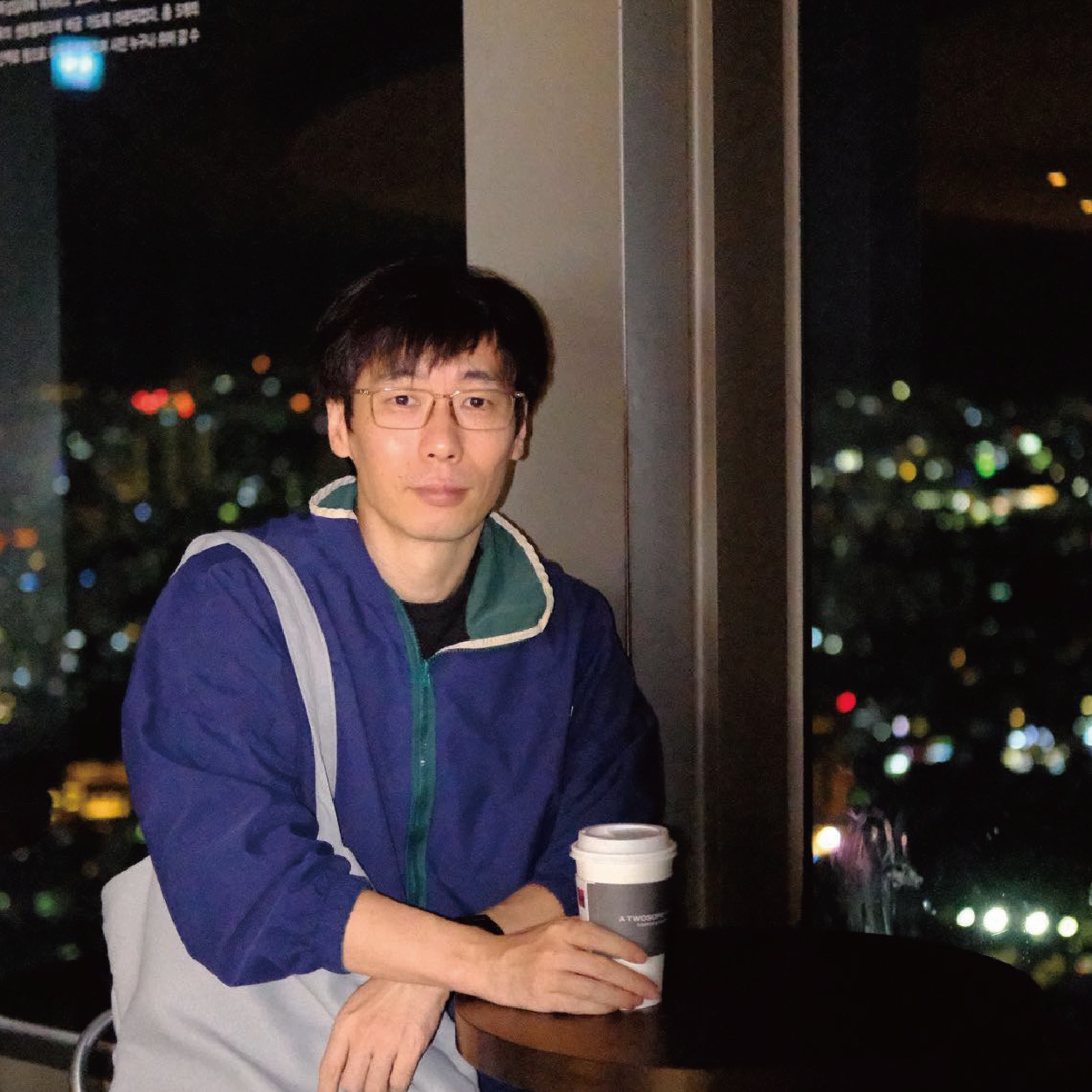
Bio: WANG Hongzhe (b. 1983, Anshan, China) is a media historian and an associate professor in the Department of Journalism and Communication at Peking University. He obtained a Ph.D. in communication from the Chinese University of Hong Kong. His research interests include the history of media technology, the Cold War, cybernetics, the information society, and labor studies. He has long been involved in advanced studies in media-centered humanities, social sciences, and artistic works. He is the founder of Beijing Media Group and the Game Manual, and co-founder of Assembly. He lives and works in Beijing.
Speech topic: From Techno-Romanticism to Techno-Feudalism: A Comparative Historical Study of Early Information Societies in China and South Korea
Abstract: This talk attempts to define the “early information society” as a social type and a special historical process in the post-Cold War era in order to understand a contextualized technological professionalism and a social atmosphere characterized by developmental nationalism in the early stages of the diffusion of information technology in East Asian society, and so to provide a cultural explanation for the technological innovation spirit of late-developing countries and to evaluate the consequences of the end of this historical process – the expansion of technological feudalism.
Merlyna Lim
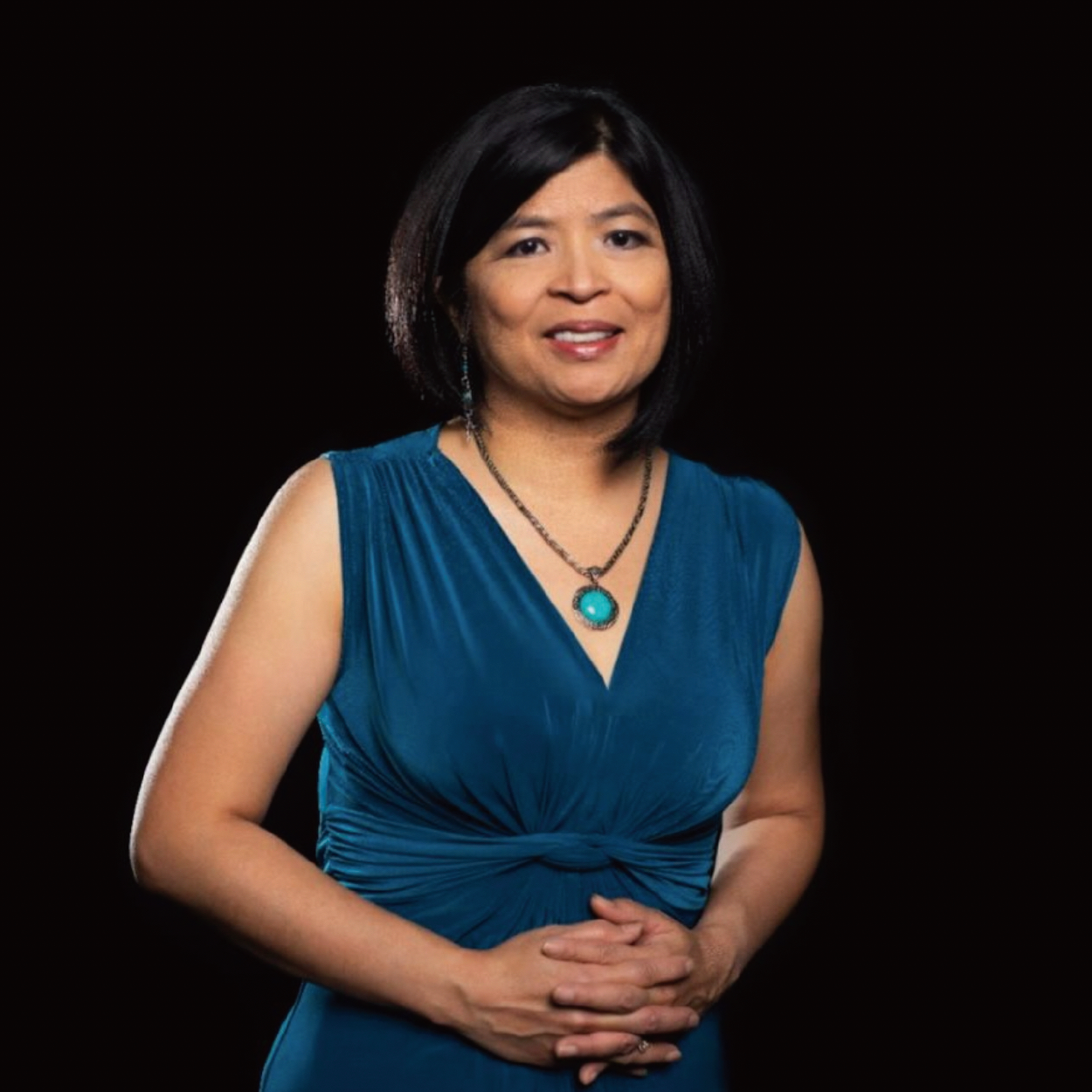
Bio: Merlyna Lim is the Canada Research Chair in Digital Media and Global Network Society, Professor of Communication and Media Studies, and founder/director of the ALiGN Media Lab at Carleton University. Born and raised in Dayeuhkolot, Indonesia, Lim’s research examines the interplay between digital technologies and society, focusing on the internet, social media, and AI. Her work explores how these technologies and societal dynamics dialectically co-shape each other in areas such as citizen participation, activism, and democratic processes. Grounded in the Southeast Asia and the MENA region, Lim advocates for viewing the Global South as a key research hub and addressing real-world issues on its own terms. Notable publications include Social Media and Politics in Southeast Asia (Cambridge UP, 2024), Roots, Routes, Routers: Communication and Media of Contemporary Social Movements (Sage, 2018), and Online Collective Action: Dynamics of the Crowds in Social Media (Springer, 2014).
Speech topic: Affect and Algorithms: Unpacking the Digital Heart of Social Media Politics
Abstract: This talk explores the complex relationship between social media algorithms and political landscapes, focusing on their impact on citizenry and political discourse. Grounded in the context of Southeast Asia, it unpacks the dynamic interaction between algorithmic processes, user behaviour, and socio-political contexts, highlighting how affect—the currency of social media—is central to these interactions. By examining how political actors manipulate algorithms alongside the marketing strategies embedded in social platforms, the talk reveals how affective and algorithmic politics fuel political collectivism while amplifying disinformation and deepening polarization, ultimately contributing to autocratic shifts on both regional and global scales.
ZHOU Pengan

Bio: ZHOU Pengan is a new media artist, guest researcher at the Institute of Network Society, China Academy of Art, and director of the Computer Museum in the Webpage. His main research interests include pop culture, influenced by information technology, media archaeology, and new media art creation.
Speech topic: Lajilao: Reusing to Source Affordable Electronics
Abstract: This speech primarily discusses the impact of the e-waste and second-hand electronics market on the development of China’s tech communities. In the 2000s, the reuse of imported e-waste, often referred to as “yang laji” (foreign trash), helped shape various hobbyist communities in China, each with its own unique technical focus and product preferences. These communities made significant contributions to improving digital literacy among the Chinese population and in the 2010s, influenced the country‘s electronics manufacturing industry. This led to the rise of manufacturers who partially use recycled components to produce new products, creating a market for affordable electronics that combines resource recycling with technological innovation.
Jason Vincent A. Cabañes
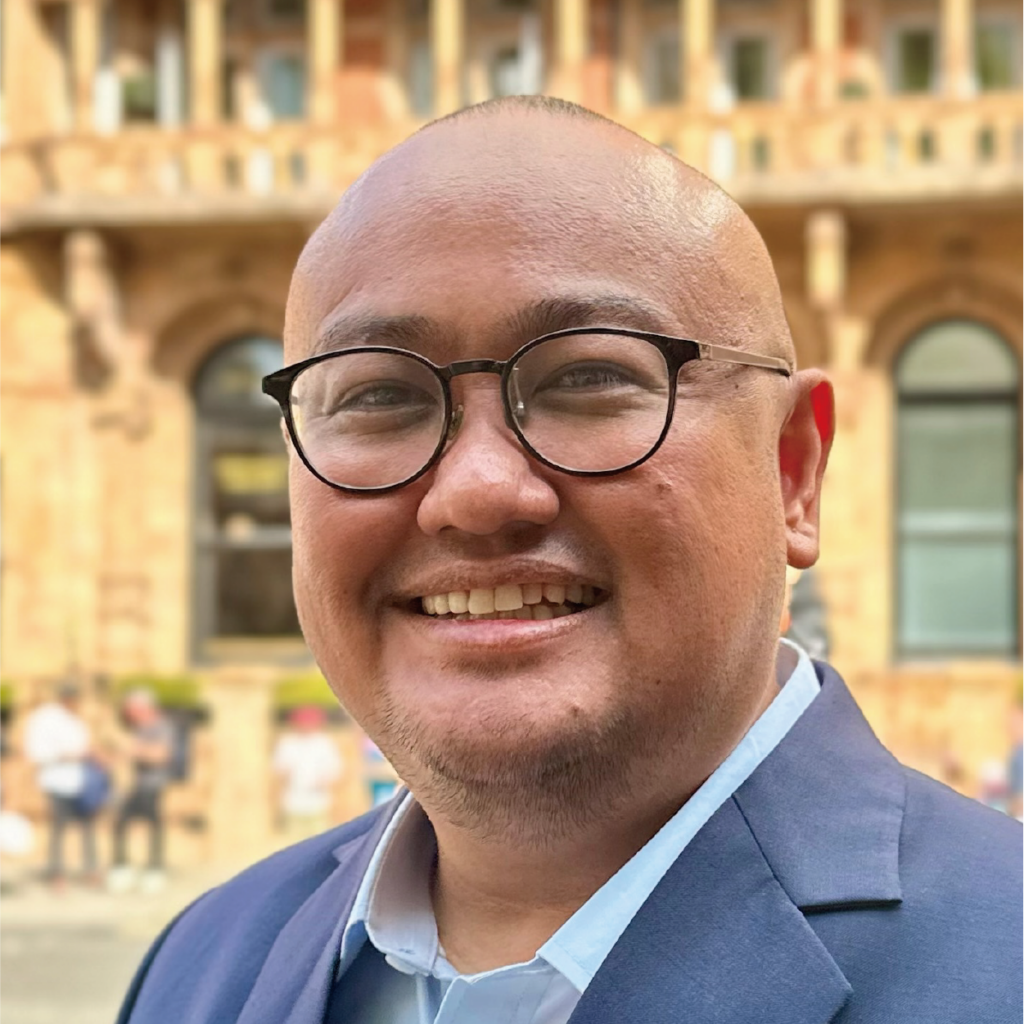
Bio: Jason Vincent A. Cabañes is a Senior Lecturer in Postcolonial Media and Culture at Goldsmiths, University of London. He researches the entangled mediations of cross-cultural solidarities and intimacies across the world. He also works on digital media cultures in relation to the political, socio-economic, and cultural realities of the Global South. He co-authored the short monograph Consuming Digital Disinformation: How Filipinos Engage with Racist and Historically Distorted Online Political Content (ISEAS-Yusof Ishak Institute, 2023) and co-edited the volume Mobile Media and Social Intimacies in Asia: Reconfiguring Local Ties and Enacting Global Relationships (Springer, 2020). His other works appear in top-tier journals such as Mobile Media and Communication, New Media and Society, and Communication, Culture and Critique. He is presently completing a full-length book on media and postcolonial racism, which will be published by New York University Press.
Speech topic: Glocal intimacies: Global South theorising about mobile mediated relationships
Abstract: This presentation discusses how the concept of “glocal intimacies” captures the role of mobile media in people’s increasingly global experiences of social relationships, from the romantic to the familial to the communal. It elaborates on the three key dimensions of glocal intimacies: digital access, contextual localities, and sociotechnical dynamics. In doing so, it shows how each of these dimensions points to the importance of understanding the entanglement of the transformative role of mobile media with the interplay of local and global cultures. This presentation also underscores how the key dimensions of glocal intimacies demonstrate the value of developing a theory grounded in the realities of a society in the non-West and the global South. It points out how such theorizing is relevant for diverse contexts, including the West and the global North.
Tom McDonald
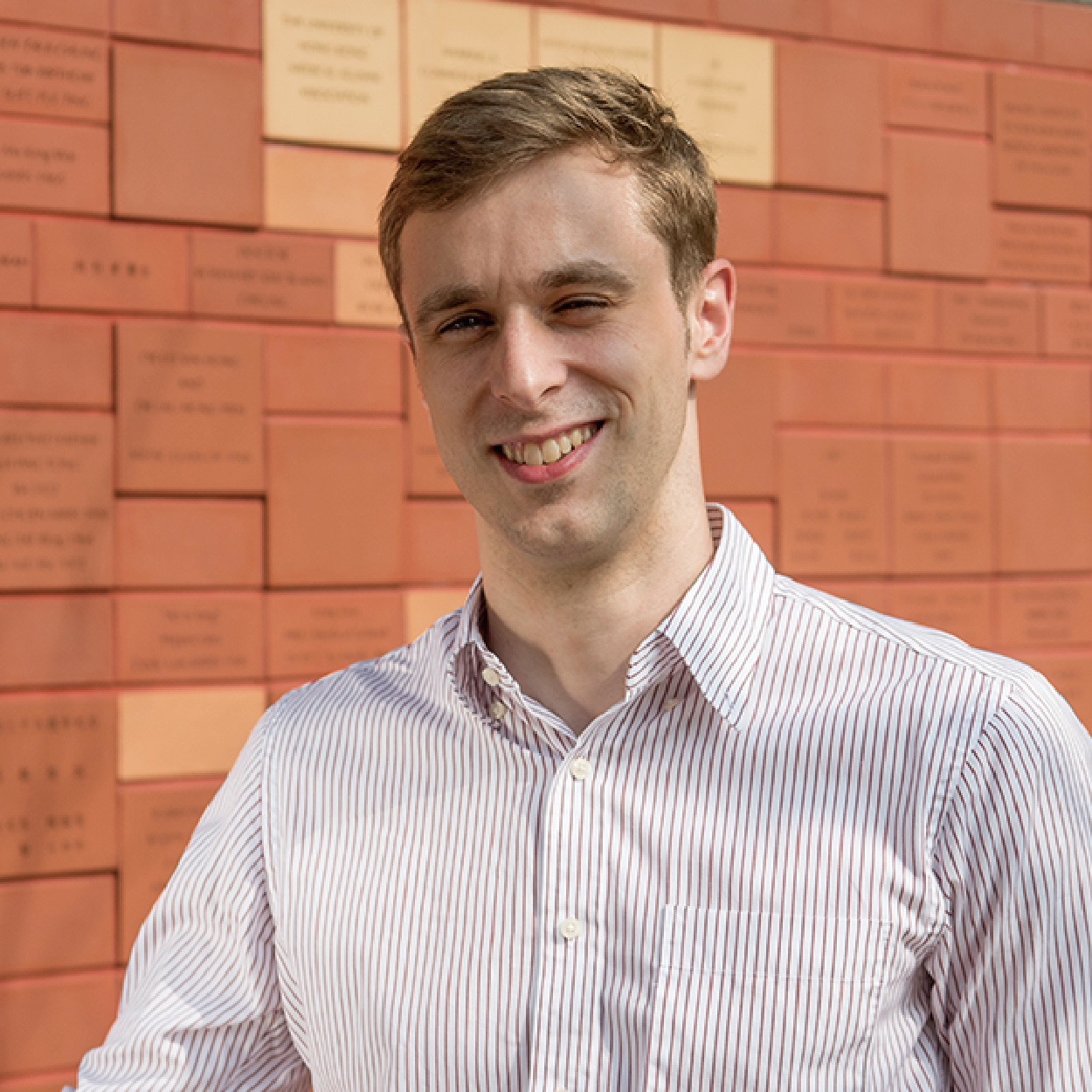
Bio: Tom McDonald is an Anthropologist in the Department of Sociology, University of Hong Kong. His research examines the cultural consequences of novel formations of digital money, media, and technology in Asia. He has published articles in numerous academic journals, including American Anthropologist, Economy & Society, and the Journal of Cultural Economy.
Speech topic: Liquid Communities: NFT markets, mobile methods and communication
Abstract: Mainstream accounts of cryptographic communities present them as highly decentralized in nature, driven by anonymity and a mistrust of authority. This paper examines how NFT collectors in Hong Kong understand the communities that surround the NFTs held in their digital wallets. I draw upon mobile methods (i.e., object interviews and digital ethnography) of 25 grassroots Hong Kong-based NFT collectors conducted between 2022 and 2023. I find that NFT owners pursue a form of “liquid community” enacted primarily through Web 2.0 technologies—mobile phones, social media and centralised websites—rather than decentralised blockchains. I argue that liquidity, far from being a purely financial measure, must be achieved through interlinking multiple layers of platform infrastructures (NFT marketplaces, digital wallets, social media) to coordinate and coalesce multiple flows (monetary, informational, relational). The wider significance of this study is that it introduces, and explores the potential contribution of, the metaphor of liquidity to platform studies.
Sara Liao

Bio: Sara Liao is an Assistant Professor of Media Studies at Pennsylvania State University. She is a media scholar and feminist, researching the intersectional areas of digital media, feminism, globalization, and East Asian popular culture. She is currently working on theorizing and writing about digital feminist activism and the culture of misogyny in China.
Speech topic: Digital Activism and the Populist Surge of the Men’s Rights Movement
Abstract: In this talk, I trace how the online rise of men’s rights groups in China forms strong alliances with both media cultures and the state to render sexism and misogyny compatible with the contemporary popular ethos, working seamlessly with the gender antagonism narrative as a dominant cultural trope. The alignment and coordination between these forces legitimize digital platforms’ crusades against and censorship of certain visible and popular accounts and content and, thus, furthers the efforts of anti-feminism as a form of governance with the backing of the state ideologies. Simultaneously, other forms of contention, conflict, and struggle over the meanings of misogyny become heightened and visible and popular, having no less cultural influence than anti-feminist efforts, thereby enhancing the structural problems caused and exacerbated by patriarchal cultures and capitalism. Specifically, I pay specific attention to the circulation of emotions as affective economies to bond and divide groups. The affective formation of men’s rights groups is intricately entwined with the official claims about the population crisis in China and the policy orientation toward reproduction, which undergird heightened forms of misogyny as well as everyday speech and micro-aggressions and impart nationalist, male-supremacist, heteronormative, and hyper-masculine undertones to this discourse.
Cheryll Ruth Soriano
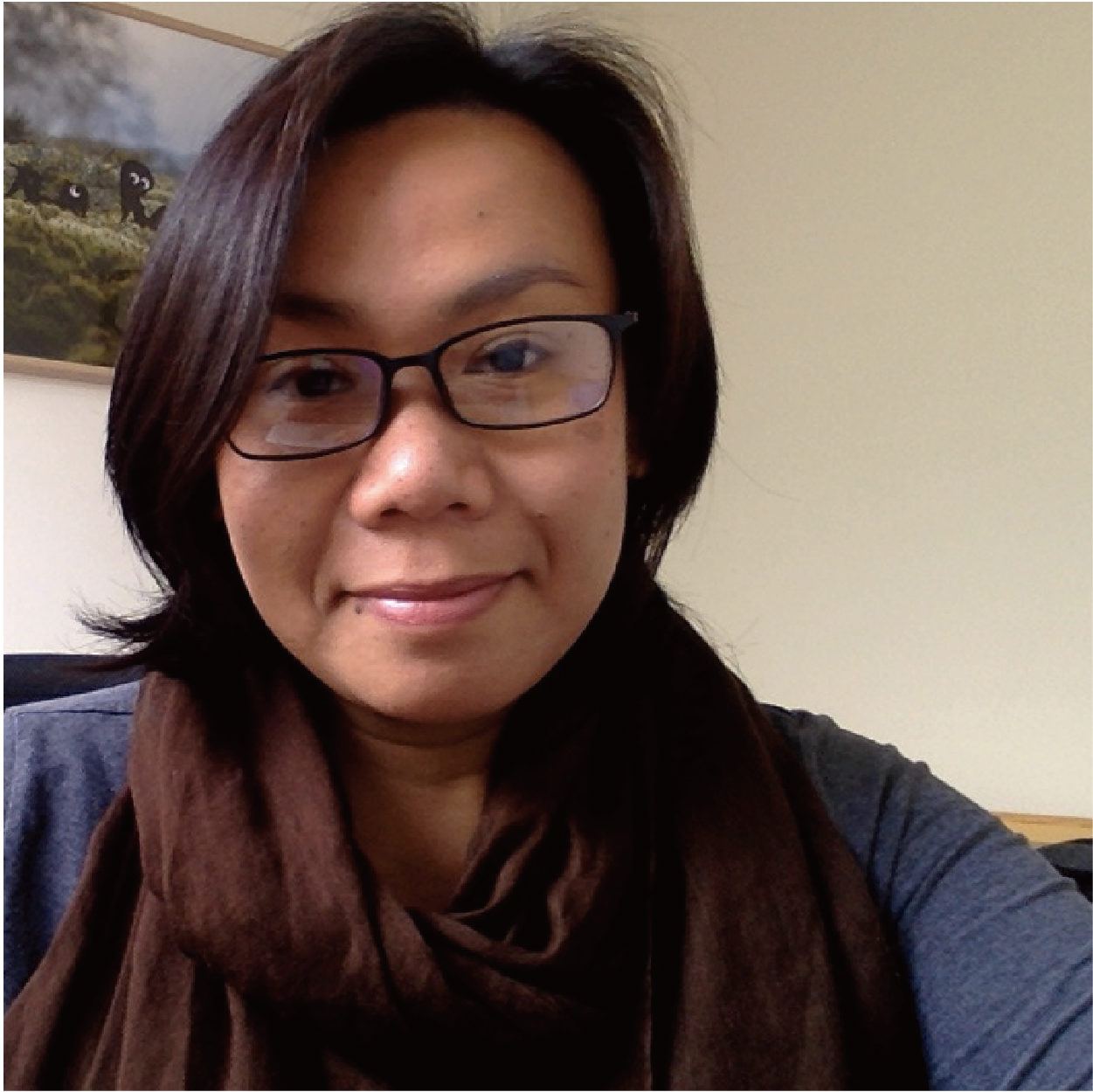
Bio: Dr. Cheryll Ruth Soriano is a Professor in the Department of Communication, De La Salle University Manila. She plays an active role in global, regional, and national research networks on platform labor and platformization research, including Fairwork (where she is the Principal Investigator) and Platform Ecosystems and Transactional Cultures in Asia. Her books include Philippine Digital Cultures: Brokerage Dynamics on YouTube (with E. Cabalquinto, Amsterdam University Press, 2022) and Asian Perspectives on Digital Culture: Emerging Phenomena, Enduring Concepts (with S. Lim, Routledge, 2018). Cheryll is the founding co-editor of the new open-access journal Platforms & Society and serves on the Editorial Boards of key journals in communication and media studies. She has held Visiting Fellowships at the LASALLE College of the Arts (Singapore), RMIT University (Australia), and Peking University (China).
Speech topic: Platforms, labor, and brokerage dynamics
Abstract: Platforms have been pivotal in redefining the conduct of contemporary society, and video-based social platforms serve as key drivers in the democratisation of creative, vernacular, intimate, and affective expressions. Drawing from her book, Philippine Digital Cultures: Brokerage Dynamics on YouTube, this keynote presentation focuses on the dynamics of brokering labor in a postcolonial, digital society. It will locate digital labor, social media cultural production, and influence-making practices within the landscape of platform-mediated jobs and the socio-cultural and economic realities of the Philippines. The analysis deepens our understanding of social media and digital labor in three critical ways: (1) by characterizing the rise of intermediaries (digital labor brokers) mediated by social media, and their role in global platform labor markets, and (2) by highlighting the nature of ‘entrepreneurial solidarities’ underpinning them; and 3) exploring the structural and socio-technical conditions that shape the emergence of these intermediaries and their influence in promoting the local adoption of platform labor, along with competing discourses of ambiguity, precarity, opportunity, and agential practice.
Patchanee Malikhao
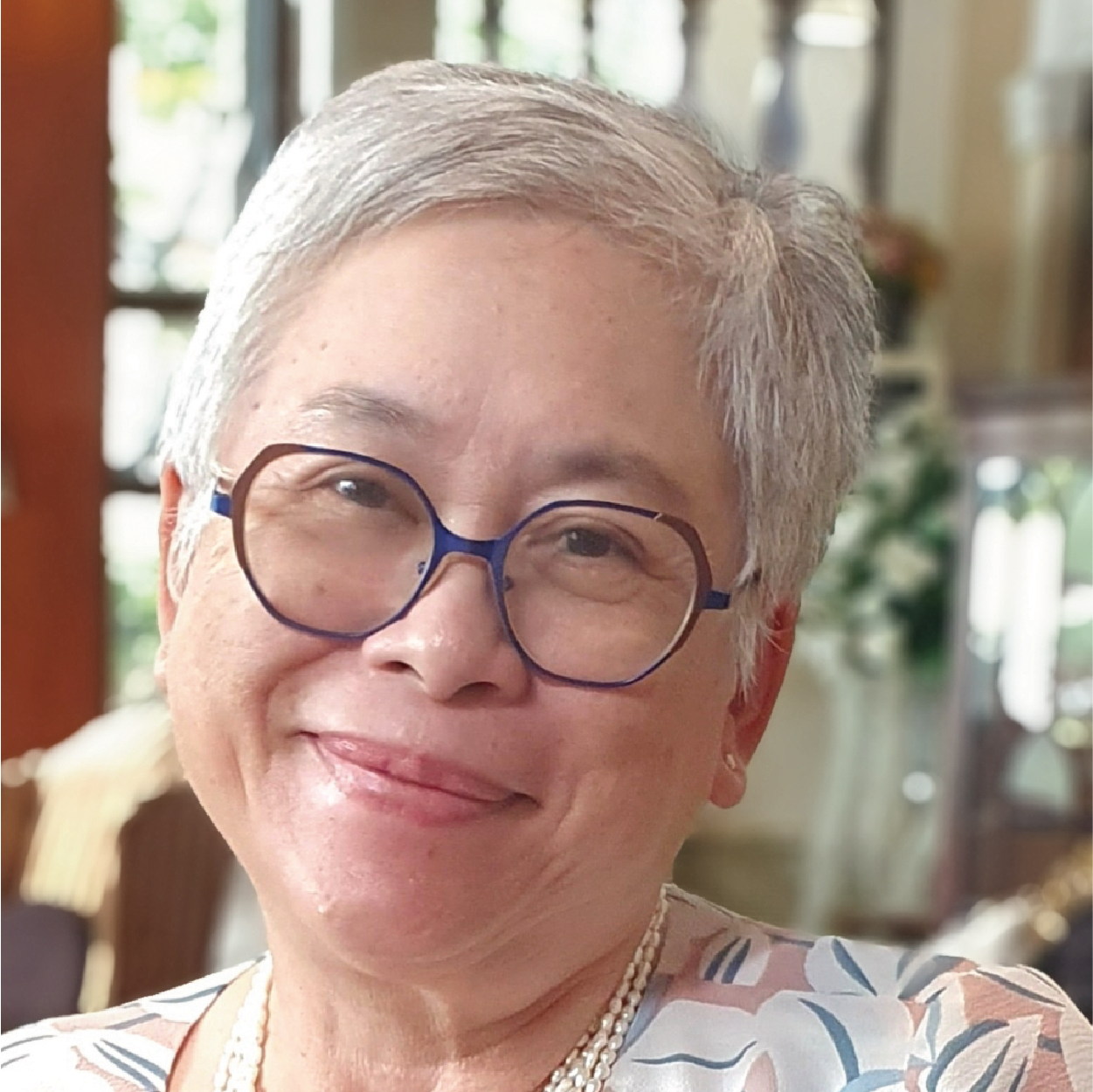
Bio: Patchanee Malikhao (Ph.D. 2007, The University of Queensland, Australia) is a Sociologist with competencies in mass communication research and graphic arts research. She received her education in two prestigious universities in Thailand: Chulalongkorn University and Thammasat University, and higher education in the US (RIT, Rochester, NY) and Australia (UQ). She has worked in Australia, the US, Belgium, the Netherlands, and Thailand in the fields of Communication for Social Change research, Health Communication research, teaching and research in the graphic arts, journalism, and communication, in the above-mentioned countries. She has been an academic writer since the 1980s. She has a wide range of research interests from communication for sustainable social change, over health related areas such as HIV/AIDS to mindful journalism, Thai Buddhism and social communication, globalization and Thai culture, intercultural communication, and Thai culture and communication. Currently, she is senior consultant with Fecund Communication Consultancy in Chiang Mai, Thailand.
Speech topic: The impact of Social Media on Thai Buddhism and Vice Versa
Abstract: From a historical perspective, Thai Buddhism is a hybridization of animism, Theravada Buddhism, and Brahmanism. As Thailand has gone through four phases of globalization, from the archaic period, to proto-globalization, globalization, and contemporary globalization, Thai Buddhist beliefs and practices have also been modified accordingly, especially since the popularity of social media. This presentation attempts to analyze:
(1)How the Sangha, or the Buddhist body of Thailand, has been impacted since it has become part of the state during the reign of King Chulalongkorn (Rama V);
(2)How the economic and social development has an impact on Thai Buddhism, especially the animistic beliefs, cults, Hindu Gods, and astrology; and
(3)How the Thai mass media and new social media create hypes on Buddhism, animism, and the further commercialization of Buddhism.
Saskia Witteborn

Bio: Saskia Witteborn is a Professor in the School of Journalism and Communication at The Chinese University of Hong Kong. She received her Ph.D. from the University of Washington. She specializes in critical technology studies and the digital transformation of migration and mobility processes. She has worked with migrants in North America, Europe, East Asia, and digital space. Saskia was a visiting scholar at the Free University of Berlin, the Berlin Institute for Empirical Migration and Integration Research at Humboldt University, Télécom Paris, and the London School of Economics and Political Science. Her research has appeared in edited collections and leading journals, including the Journal of Communication, Cultural Studies, Telematics and Informatics, and Convergence. She is the author of Unruly Speech: Displacement and the Politics of Transgression (Stanford, 2023), co-editor of The SAGE Handbook of Media and Migration (SAGE, 2020), and co-author of Together (Oxford, 2005).
Speech topic: Web3 and Blockchain Gaming: A Southern Perspective
Abstract: Blockchain-based games and other Web3 applications have been explored in the media and communication literature through various theoretical lenses. The talk engages with this literature and expands existing arguments on the sociotechnical affordances of Web3 applications through the example of play-to-earn gaming in the Philippines. The arguments illustrate how a history of labor out-migration, business process outsourcing, and uncertainty during the COVID-19 pandemic have created the setting for blockchain and cryptocurrency adoption in the country. Against this background, the discussion shows how cultural practices and their gendered and classed iterations shape engagement with three play-to-earn gaming affordances: persistence, access, and ownership. The talk highlights the importance of contextualized research and argues that narratives of technological victimization in ascending economies should be complemented through narratives of strategic aspiration. At the same time, the talk cautions against corporate narratives of Web3 promise and the promotion of financial speculation as opportunities for social mobility.
Payal Arora
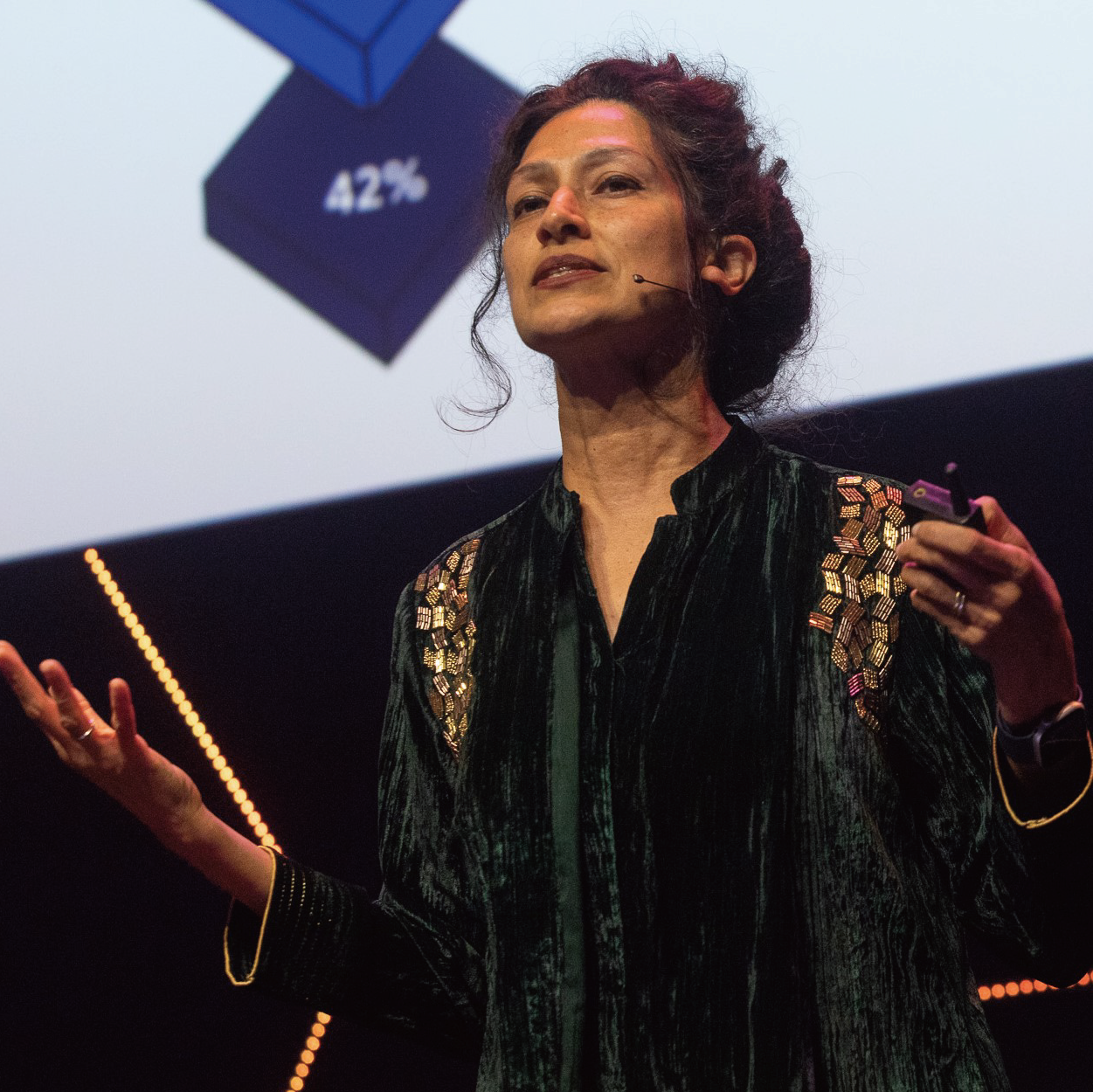
Bio: Payal Arora is a Professor of Inclusive AI Cultures at Utrecht University and co-founder of FemLab and the Inclusive AI Lab. She is a leading digital anthropologist with two decades of user experiences in the Global South, helping shape inclusive AI-enabled designs and policies. Payal is the author of over 100 journal articles and award-winning books, including The Next Billion Users with Harvard University Press. Forbes named her the “next billion champion” and “the right kind of person to reform tech”. Her new book with MIT Press, From Pessimism to Promise: Lessons from the Global South on Designing Inclusive Tech, has gained traction in international media, covered by the Financial Times, BBC Tech Decoded, and UX Magazine, among others. Approximately 150 international media outlets have covered her work, including The Economist, 99% Invisible, TechCrunch, and The Boston Globe. She has consulted for both the public and private sectors, including UNHCR, Spotify, KPMG, Adobe, IDEO, Google, and GE, and serves on several boards, including the UN and the World Women Global Council in New York. She has delivered more than 350 keynotes and invited talks in 67 countries at events such as ACM FAccT, Copenhagen Tech Festival, re: publica, COP26, World Economic Forum, and the Swedish Internet Foundation, alongside figures like Jimmy Wales and Steve Wozniak, as well as TEDx talks on the future of the internet and innovation. She is a Rockefeller Bellagio Resident Fellow alumnus, and, being Indian, American, and Irish, calls Amsterdam her home.
Speech topic: Debiasing Data to build Inclusive Technologies
Abstract: Today, it is well established that much of our existing digital applications are informed by concerns, needs, and aspirations of WEIRD societies (Western, Educated, Industrialized, Rich, and Democratic). The normative has long been white, male, and middle-class, shaping the way we see the world. In recent years, diverse stakeholders are increasingly recognizing the seriousness of the problem, given the global omnipresence of digital technologies. Some programmers and policymakers are looking for concrete ways to debias our algorithms, platforms, and datasets. Challenges abound: how do we account for varied local cultures while building designs that scale globally? In operationalizing ‘fairness’ into building new datasets, how do we identify a discriminatory over a descriptive value, given that data derives meaning from context that is dynamic and changing? What does it mean to inscribe ‘authenticity’ and ‘locality’ into our AI enabled applications? Arora draws from her new book ‘From Pessimism to Promise: Lessons from the Global South on designing Inclusive Tech’ with MIT Press/Harper Collins India to tackle these issues. She argues that the most fundamental questions we have today about AI are social and not technological in nature, which is why we need critical changemakers from across sectors and disciplines to move collectively towards an AI future that works for all people and the planet.
ZHU Feida
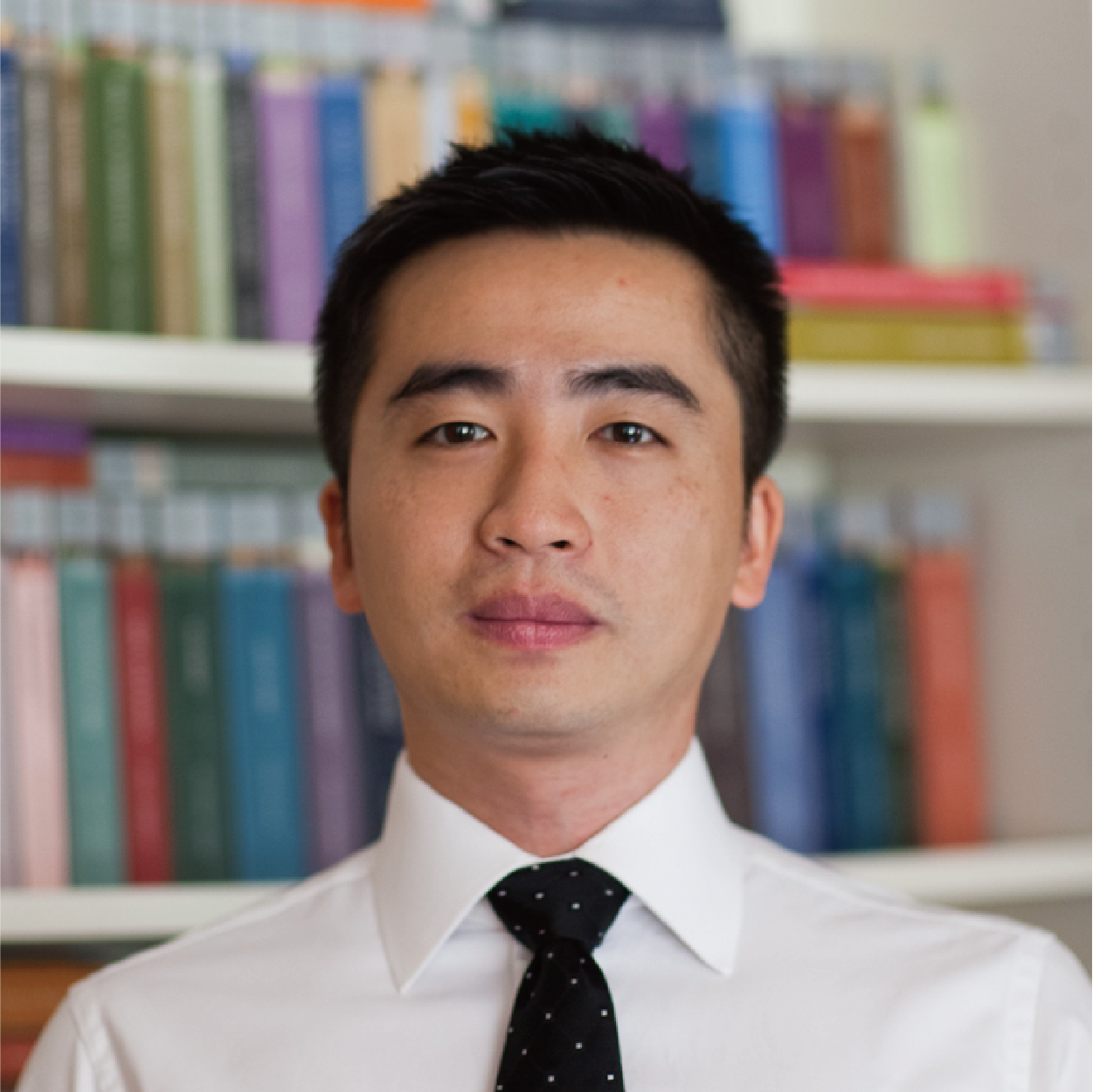
Bio: Prof. ZHU Feida is currently a tenured Chair Professor and Associate Dean at the School of Computing and Information Systems, Singapore Management University. His research interests include AI and collaborative intelligence, blockchain, data asset and AI governance, with emphasis on their application to business, financial, and consumer innovation. He was the founding director of both the Pinnacle Lab for Analytics with China Ping An Insurance Group and the DBS-SMU Life Analytics Lab. Prof. ZHU is also the Founder and Chief Scientist of SYMPHONY, a Web3 blockchain-based protocol to empower a data-driven economy by democratized and collaborative data Intelligence with privacy by design. Prof. ZHU has over 100 peer-reviewed research publications at top international venues, including ICDE, VLDB, SIGMOD, KDD, WWW, JMLR, TODS, TKDE, etc. His work on large-scale frequent pattern mining has won the Best Student Paper Awards at the 2007 IEEE International Conference on Data Engineering (ICDE’07) and the 2007 Pacific-Asia Conference on Knowledge Discovery and Data Mining (PAKDD’07). He also received the Best Paper Award at the 21st International Conference on Database Systems for Advanced Applications (DASFAA’16) and the Best Demo Paper Award at the 17th International Conference on Web-Age Information Management(WAIM’16). He won the Early Career Award from PAKDD’19 and is the PC Co-Chair of DASFAA 2024, the General Co-Chair of IEEE ICDM’18 and ACM KDD’21. Prof. ZHU obtained his Ph.D. in Computer Science from the University of Illinois at Urbana-Champaign (UIUC) in 2009.
Speech topic: When AI meets Web3 for Sustainable Digital Economy
Abstract: The recent surge in AI innovation brings not only exciting advancements but also significant concerns around governance, especially as applications become increasingly collaborative. How can we ensure both trust and incentivization when data, models, and computational resources are shared across multiple entities? Web3 offers a potential solution. In this talk, we will explore the integration of AI and Web3, discussing the key challenges and core technical components. We will also present a few examples to illustrate how these two technologies can work together.
Anukul Tamprasirt
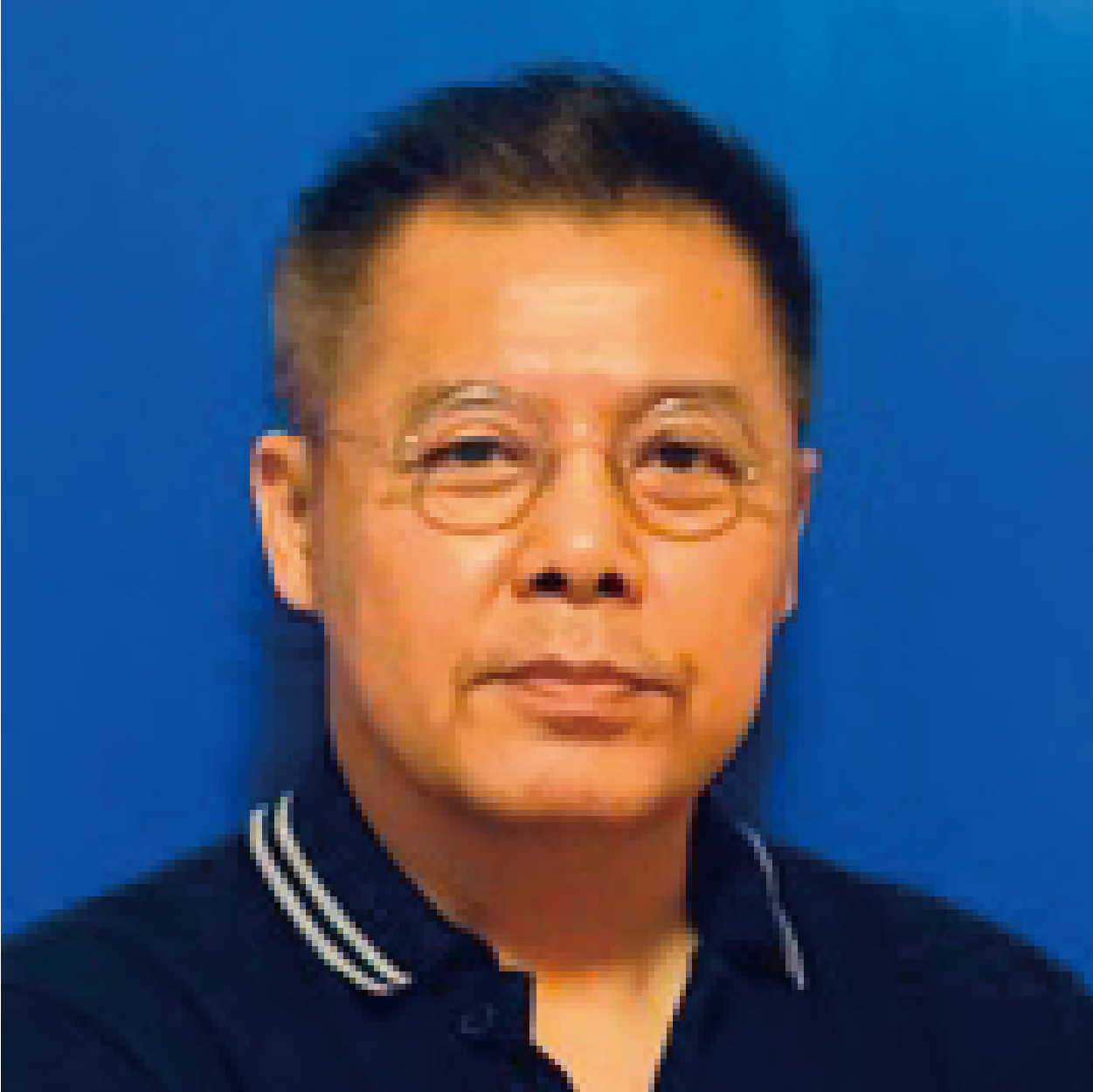
Bio: Dr. Anukul Tamprasirt is an International Resource Person and currently a lecturer at the International College of Digital Innovation, Chiang Mai University. He holds a Ph.D. in Knowledge Management from Chiang Mai University and an M.S. in Telecommunications from Memphis State University, USA. He has extensive work experience in several multinational companies. He was the head of a software development team in the USA, an international consultant, and a startup entrepreneur. Dr. Anukul specializes in Software Engineering, Data Modeling, and Datacenter Management. His recent research interests include the Internet of Things (IoT), Big Data, Data Architecture, and Artificial Intelligence (AI).
Speech topic: Digital Economy 3.0 evolution of disruption
Abstract: Information and Communication Technology has spanned over from the past millennium into Digital Technology today. At first, the technological evolution dedicated for productivity improvement mostly from automation. In the recent years, technologies started to cross over from automation to intelligent. Disruption is be disrupted further in recent years with more advanced Digital technologies. It is not only just productivity aspects. It is become new type of economy powered by the new paradigm of the social driven data ie. social media, metaverse, blockchain and AI. Moreover, these are the new socio-economic contributing factors of very rapid pace of business competition intertwined with forth going technologies as seen today.
CO-HOSTS
International College of Digital Innovation (ICDI)
The International College of Digital Innovation (ICDI), affiliated with Chiang Mai University, aims to become a leading entrepreneurial college in the ASEAN region for knowledge development in the fields of digital innovation and financial technology.
Chiangmai University Blockchain Association (CMUBA)
The Chiang Mai University Blockchain Association (CMUBA) is an organization dedicated to nurturing talents with in-depth understanding and practical abilities in blockchain technology. Its mission is to enhance the well-being of the Asian region through the application of blockchain technology.
Facilitators
Global Chinese Community of Universal Digital Commons (GCC)
Established in 2023 summer, GCC is the first Non-profit Web3 foundation focused on supporting and funding public goods and open source projects within the Global Chinese Community.
4Seas
4Seas is a Chiang Mai-based crypto community founded by overseas Chinese nomads, aiming to build an entrepreneurial society. 4Seas aspires to create an experimental platform for exploring and innovating governance, identity, and sustainable economic systems.
RECOMMANDED EVENTS
ICDI: https://icdi.cmu.ac.th/News/ComingUp.aspx
CMUBA: https://cmuba.notion.site/Events-Happening-8668c2b17d774313b9f7db8d76260426
4Seas: https://4seas.notion.site/Pop-up-City-Season-ca8469aadc264b039846498fc88f49e0
GCC: https://www.gccofficial.org/project
Devcon 2024: https://devcon.org
TEAM
CUI Yu, ZHENG Yeying, YE Yunhe, REN Binglin, HAN Qiuxia, LI Mengshu, YAN Zhenghao, TIAN Peisong, ZHAO Jiajing, ZHU Yan, TONG Zhaoxiang, WANG Jingjie, MA Ya, BIAN Zicheng, HAN Jiaxin, JIANG Yizhu, LI Chengjin, RUAN Luxin, JIANG Ziyi, XU Ke, CHEN Suyuan, LI Yi
VISUAL DESIGN
LI Mengshu
